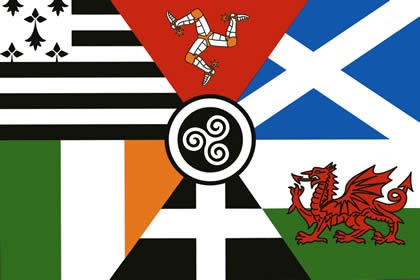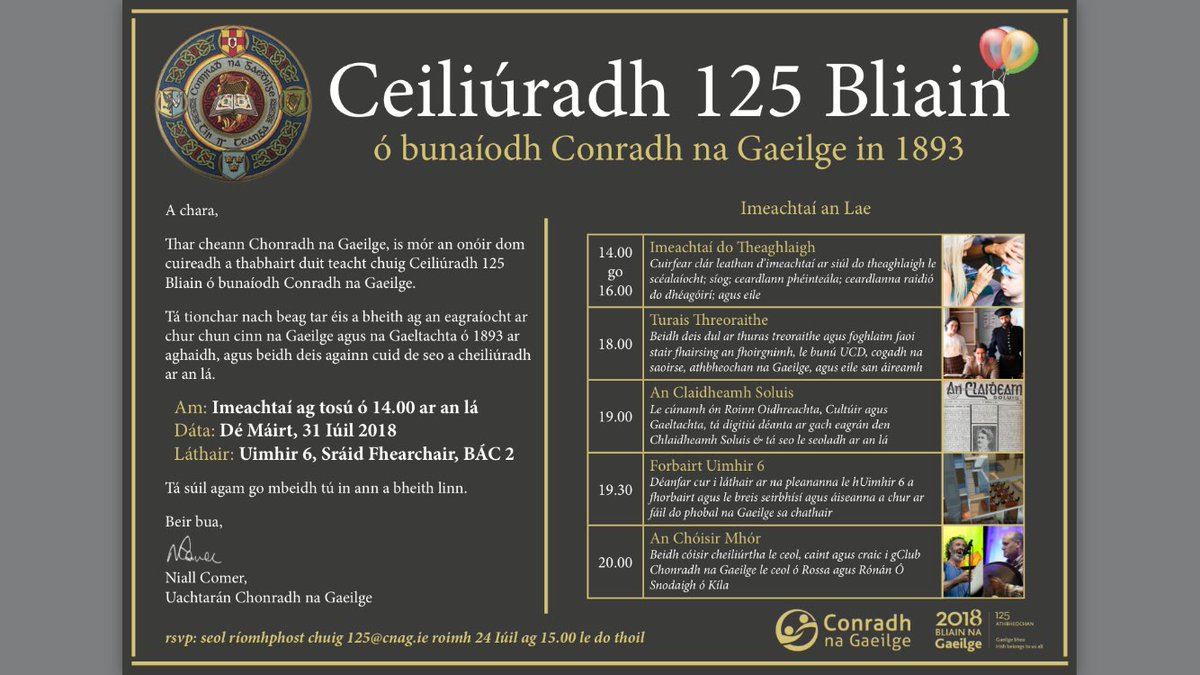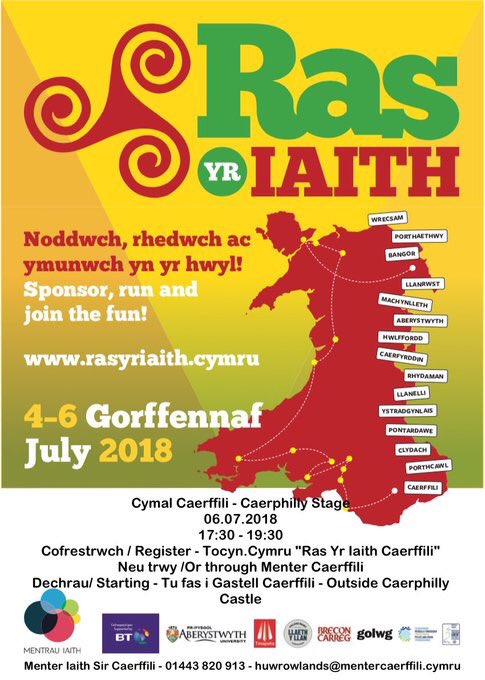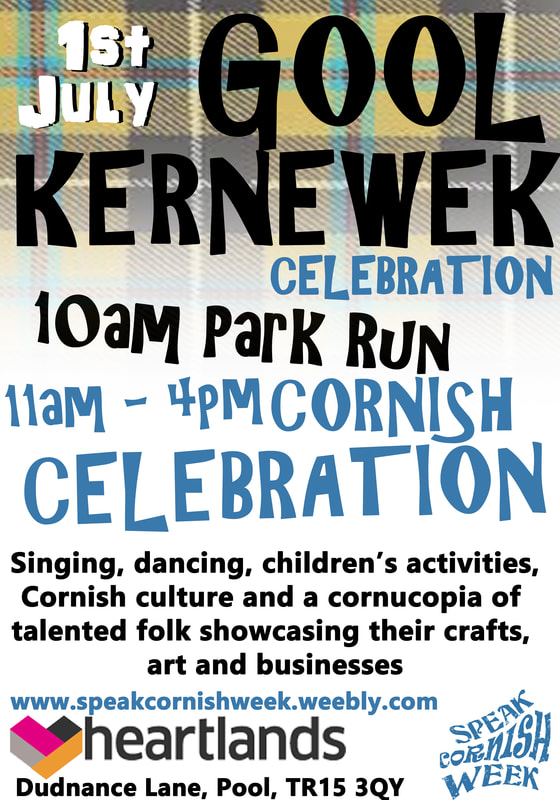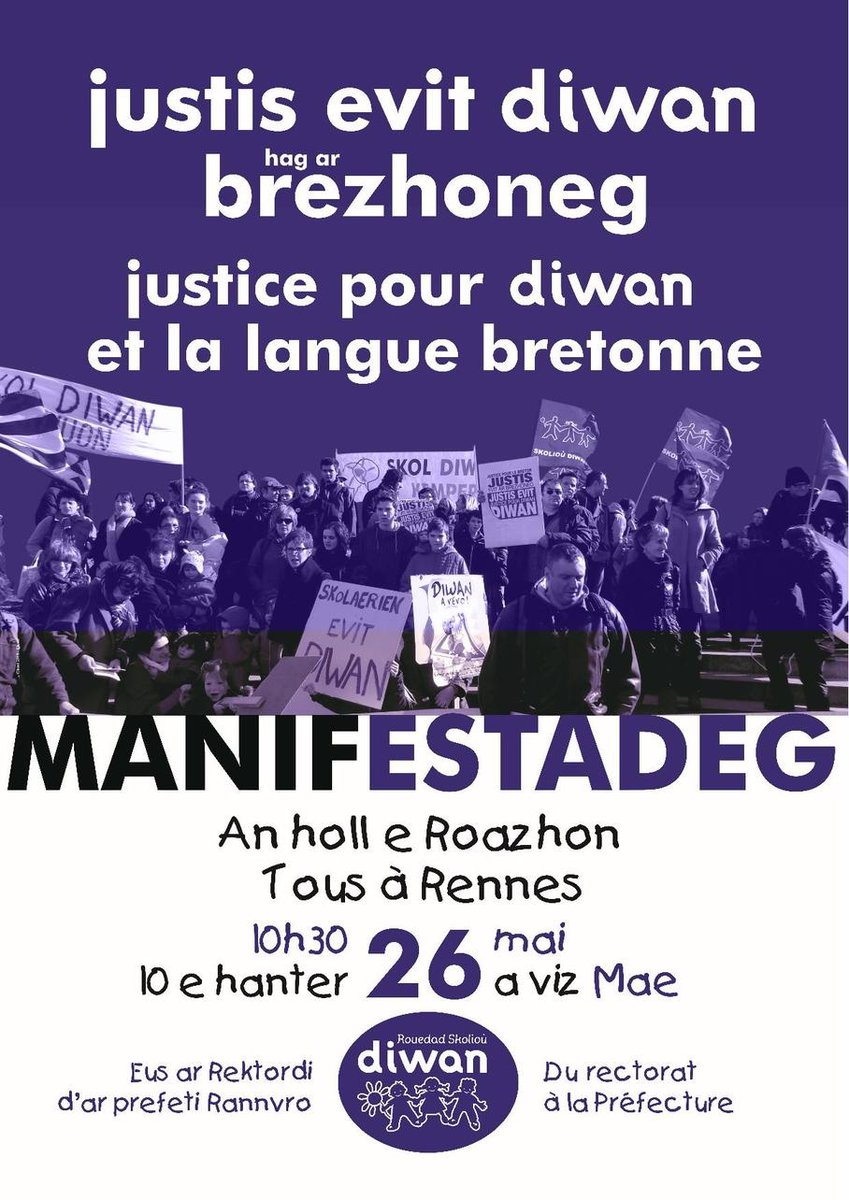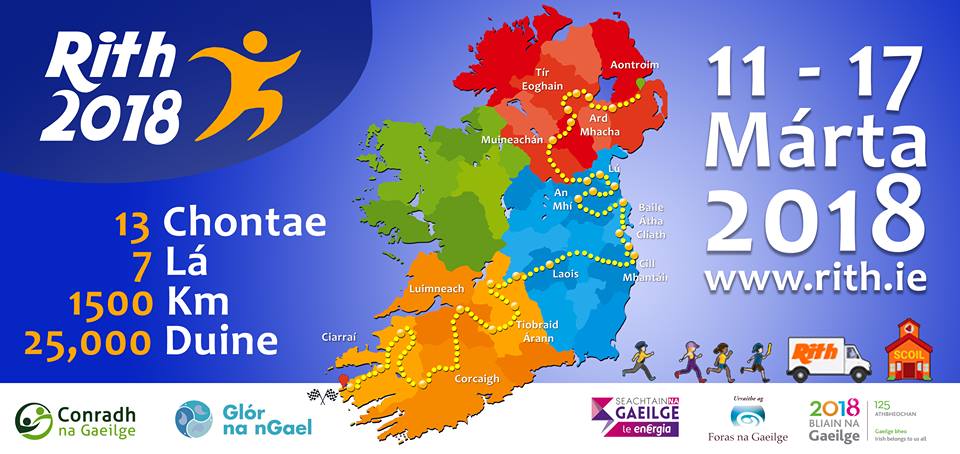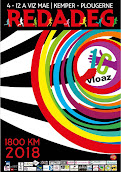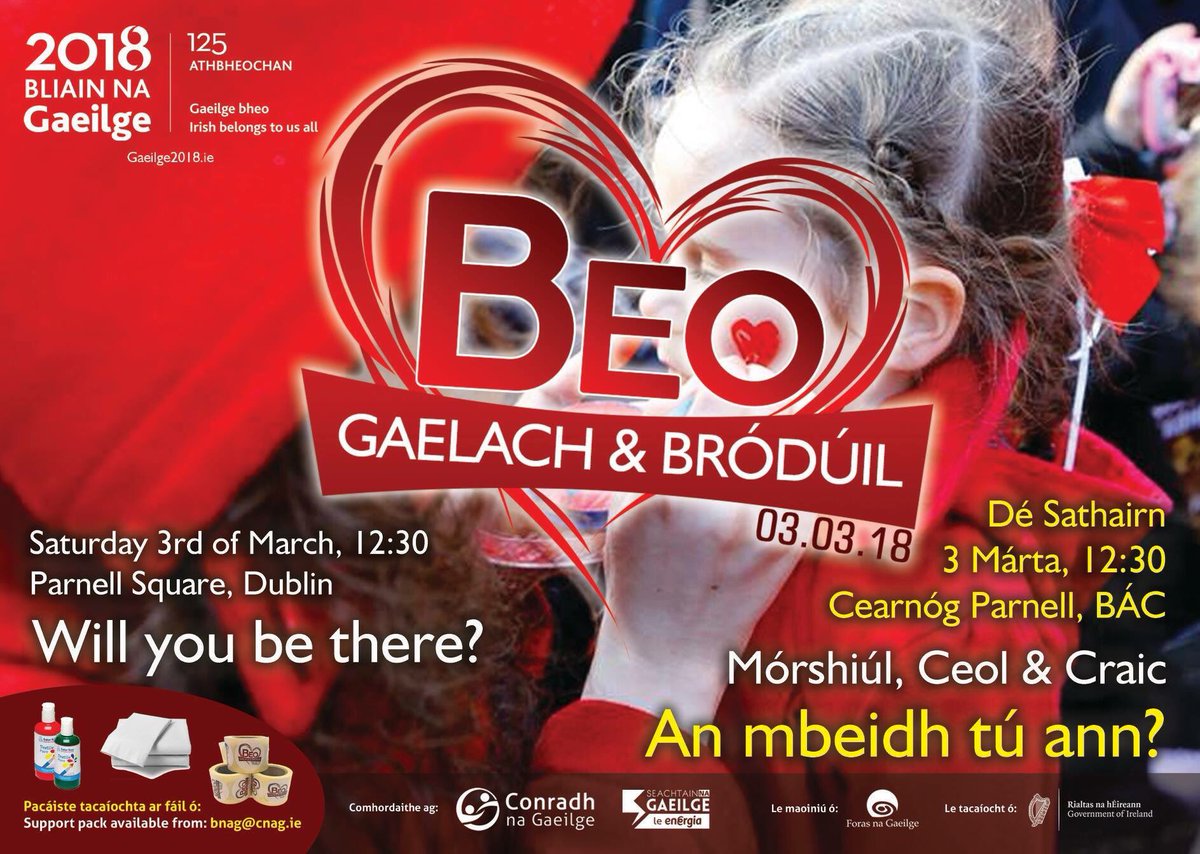The prominence of English on new
markers for the Isle of Man's coastal footpath is "embarrassing", a Manx
Gaelic language officer has said. Culture Vannin's Adrian Cain
said the translation of the name Raad Ny Foillan "dismissed" the
importance of Manx Gaelic to the island's heritage.
Enterprise Minister Laurence Skelly said the design would be "corrected" to make Manx Gaelic "dominant".
The 100 mile (160km) trail around the island's coastline was created in 1986.
New granite start-markers engraved with the words "Way of the Gull" - an English translation of the footpath's name Raad Ny Foillan - are being installed at four locations.
The £20,000 project will see the structures erected at Port Erin, Onchan, Ramsey and Peel.
Mr Cain said he was concerned the English translation would erode the Manx Gaelic name.
"The danger is that if you have it in both Manx and English there's a good chance over a period of time people will just start adopting the English.
"I thought the department was trying to make more of culture, heritage, language and identity as a way to attract people. Why therefore try to downplay it?"
Mr Skelly said the markers had been commissioned "as part of the wider promotion of the island" as a "walking tourism destination".
He said the Department for Enterprise "fully recognised" that the coastal pathway had originally been established to promote "a walk around our coast and also our language", adding: "Manx Gaelic will be dominant in the future."
The first marker, which has been installed at Port Erin, would be "corrected", and the remaining three would feature the new design, he added.
Enterprise Minister Laurence Skelly said the design would be "corrected" to make Manx Gaelic "dominant".
The 100 mile (160km) trail around the island's coastline was created in 1986.
New granite start-markers engraved with the words "Way of the Gull" - an English translation of the footpath's name Raad Ny Foillan - are being installed at four locations.
The £20,000 project will see the structures erected at Port Erin, Onchan, Ramsey and Peel.
Mr Cain said he was concerned the English translation would erode the Manx Gaelic name.
"The danger is that if you have it in both Manx and English there's a good chance over a period of time people will just start adopting the English.
"I thought the department was trying to make more of culture, heritage, language and identity as a way to attract people. Why therefore try to downplay it?"
Mr Skelly said the markers had been commissioned "as part of the wider promotion of the island" as a "walking tourism destination".
He said the Department for Enterprise "fully recognised" that the coastal pathway had originally been established to promote "a walk around our coast and also our language", adding: "Manx Gaelic will be dominant in the future."
The first marker, which has been installed at Port Erin, would be "corrected", and the remaining three would feature the new design, he added.

